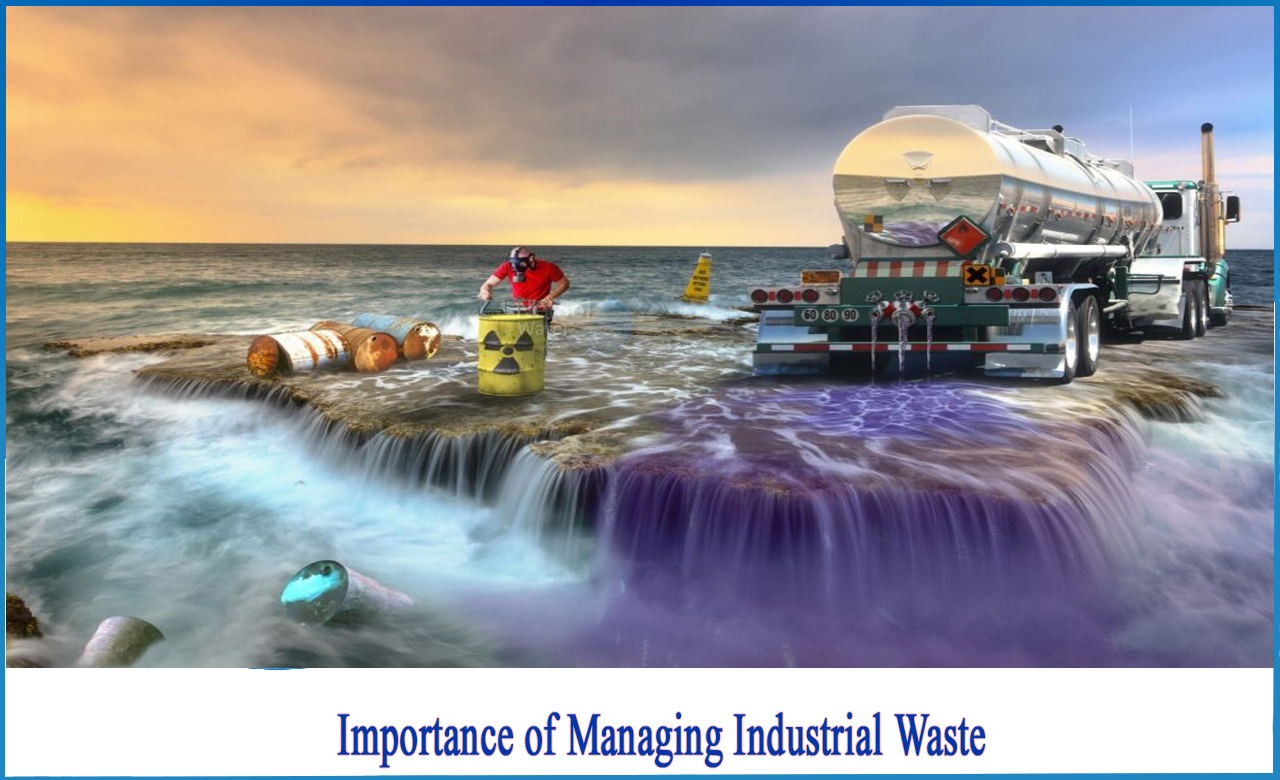The Main Principles Of Reclaim Waste
The Main Principles Of Reclaim Waste
Blog Article
Get This Report about Reclaim Waste
Table of Contents4 Easy Facts About Reclaim Waste DescribedThe Greatest Guide To Reclaim WasteThe Best Guide To Reclaim WasteThe Ultimate Guide To Reclaim WasteNot known Factual Statements About Reclaim Waste
Residential sewage waste refers to the waste and items from a domestic septic container. The correct administration and disposal of domestic sewer waste require liquid waste to be moved to a sewage treatment plant where the appropriate methods and devices are applied to cleanse and dispose of waste.
Commercial waste typically includes possible risks, such as flammable materials or a mix of liquid and strong waste items, and needs an advanced and comprehensive disposal process. The disposal of business waste commonly includes the purification of waste prior to transport to guarantee secure and correct disposal. Hazardous waste is produced from byproducts and drainage of commercial processes and production.
This kind of waste can not utilize the same sewer management transportation or processes as septic or business fluids. The commercial waste monitoring procedure needs the inspection and screening of liquid waste before it undergoes the disposal procedure (liquid waste disposal melbourne). Overflow waste is the fluid waste that originates from drainage and excess stormwater in highly booming locations or cities
Runoff waste can create contamination and flooding if not managed correctly. Find out more concerning sewage system cleaning and waste management. Making sure correct waste administration can protect against catastrophes and decrease ecological harm. Both people in household settings and professionals in industrial or manufacturing markets can gain from recognizing the processes and laws of fluid waste administration.
Rumored Buzz on Reclaim Waste
Contact PROS Providers today to learn more about our waste monitoring and disposal services and the proper ways to look after the liquid waste you produce.
(https://padlet.com/leonaube33101/reclaim-waste-hw71hge954tsaxnp)Do you understand what takes place to your water when you pull the plug, purge the bathroom or drain pipes the washing equipment? No? Well, it's worth understanding. This supposed 'wastewater' is not only a crucial source however, after treatment, will be launched to our land, rivers or the sea. Made use of water from bathrooms, showers, baths, kitchen area sinks, laundries and commercial processes is known as wastewater.

water made use of to cool down machinery or clean plant and devices). Stormwater, a form of wastewater, is overflow that streams from agricultural and city areas such as roofing systems, parks, gardens, roads, courses and rain gutters right into stormwater drains pipes, after rainfall. Stormwater moves neglected straight to local creeks or rivers, eventually reaching the sea.
Reclaim Waste - Truths
In Queensland, many wastewater is dealt with at sewer treatment plants. Wastewater is transported from residential or commercial websites via a system of drains and pump terminals, known as sewerage reticulation, to a sewer treatment plant.
The Division of Natural Resources suggests local federal governments about handling, operating and preserving sewerage systems and therapy plants. In unsewered areas, city governments might need householders to set up private or household sewage treatment systems to deal with residential wastewater from toilets, kitchens, shower rooms and washings. The Division of Natural Resources authorizes the usage of home systems when they are proven to be reliable.
In some brand-new class, therapy of some stormwater to get rid of litter, sand and gravel has started making use of gross toxin catches. Wastewater treatment occurs in four phases: Removes solid issue.
Makes use of little living microorganisms knows as micro-organisms to damage down and remove continuing to be dissolved wastes and fine particles. Micro-organisms and wastes are incorporated in the sludge.
The Facts About Reclaim Waste Revealed
Nutrient elimination is not readily available at all sewage therapy plants because it requires costly specialized tools. Clear liquid effluent created after therapy may still include disease-causing micro-organisms - industrial wastewater treatment.

This generally indicates wastewater needs to be treated or impurities eliminated prior to it can be discharged to rivers. Most wastewater streams into the sewage system. Under the Act, city governments carry out approvals and licences for ecologically relevant activities (ERAs) entailing wastewater releases that could have a regional effect. The division carries out approvals and permits to Periods including wastewater launches that may have a regional or statewide impact.
The Best Strategy To Use For Reclaim Waste
Otherwise, examples are taken for laboratory analysis. Usually lots of tests are required to establish the levels of each of the various contaminants such as oils, heavy metals and chemicals in water. Monitoring provides valid info about water high quality and can verify that licence conditions are being satisfied. The info gotten with monitoring offers the basis for making water quality decisions.
Report this page